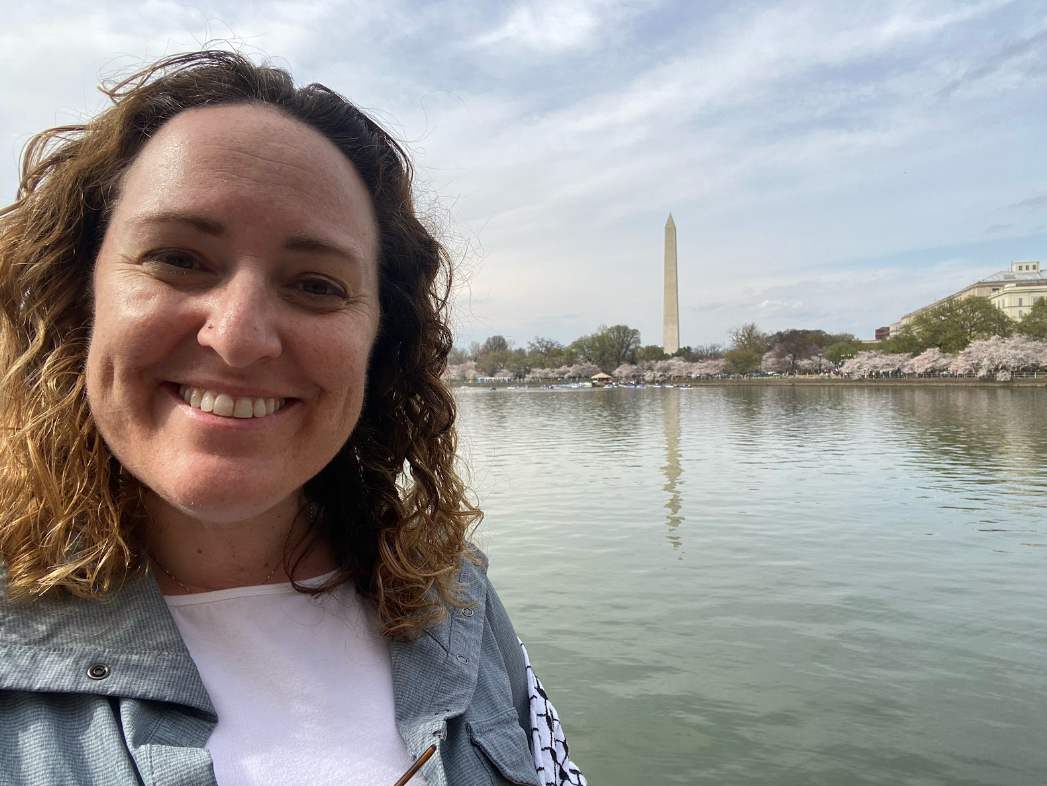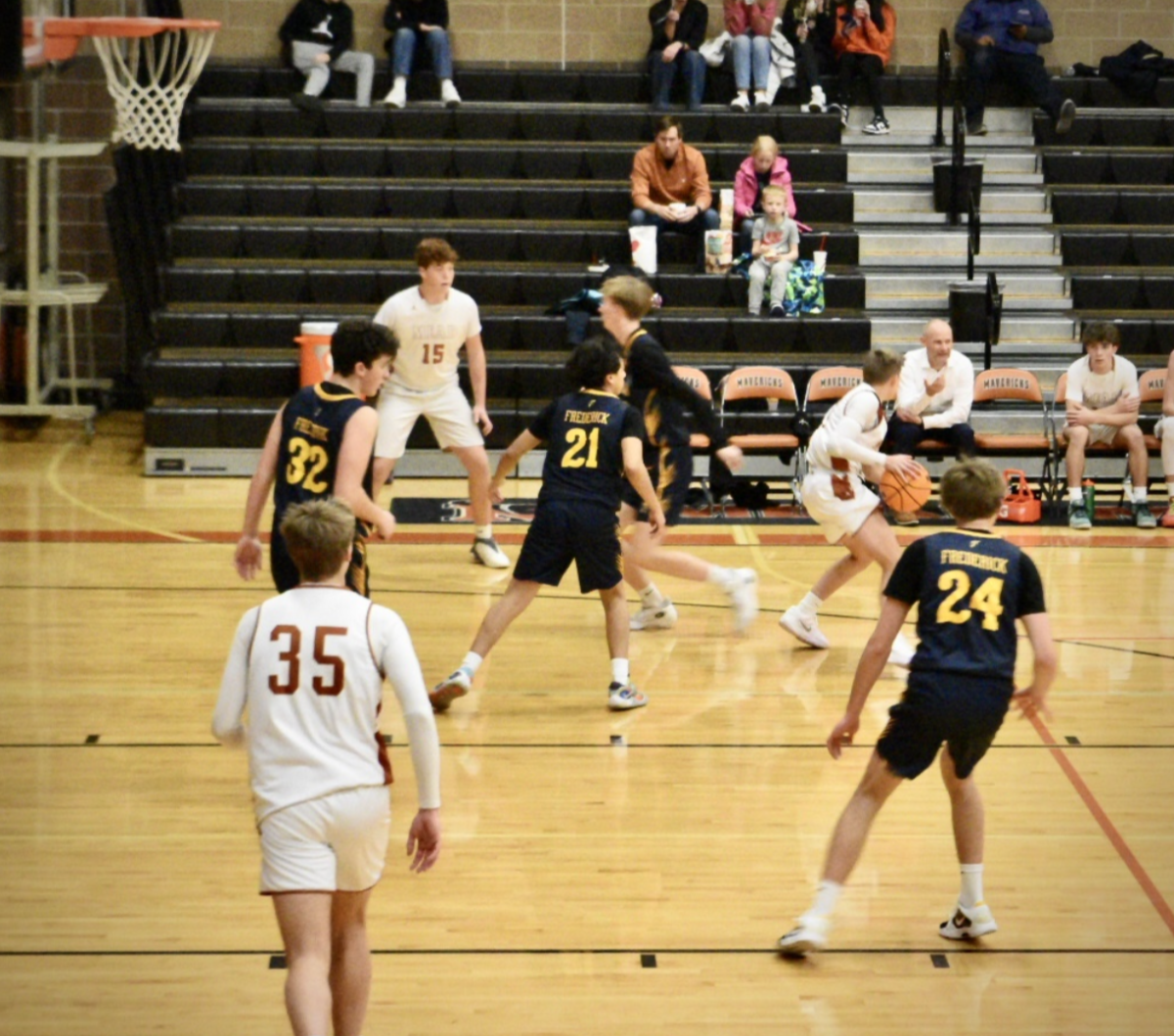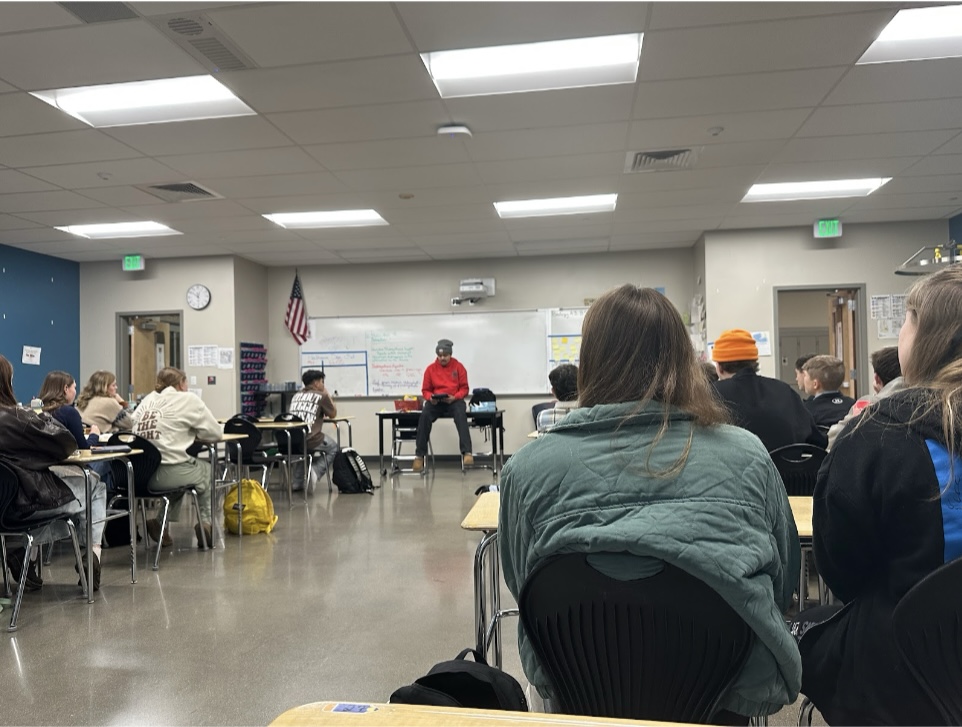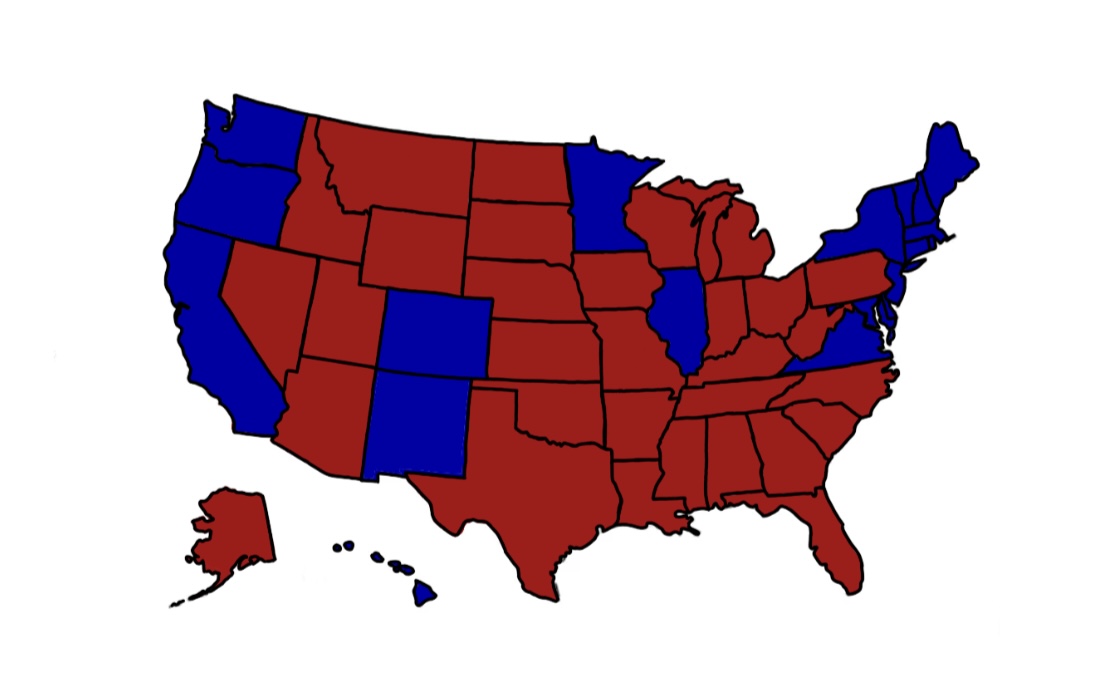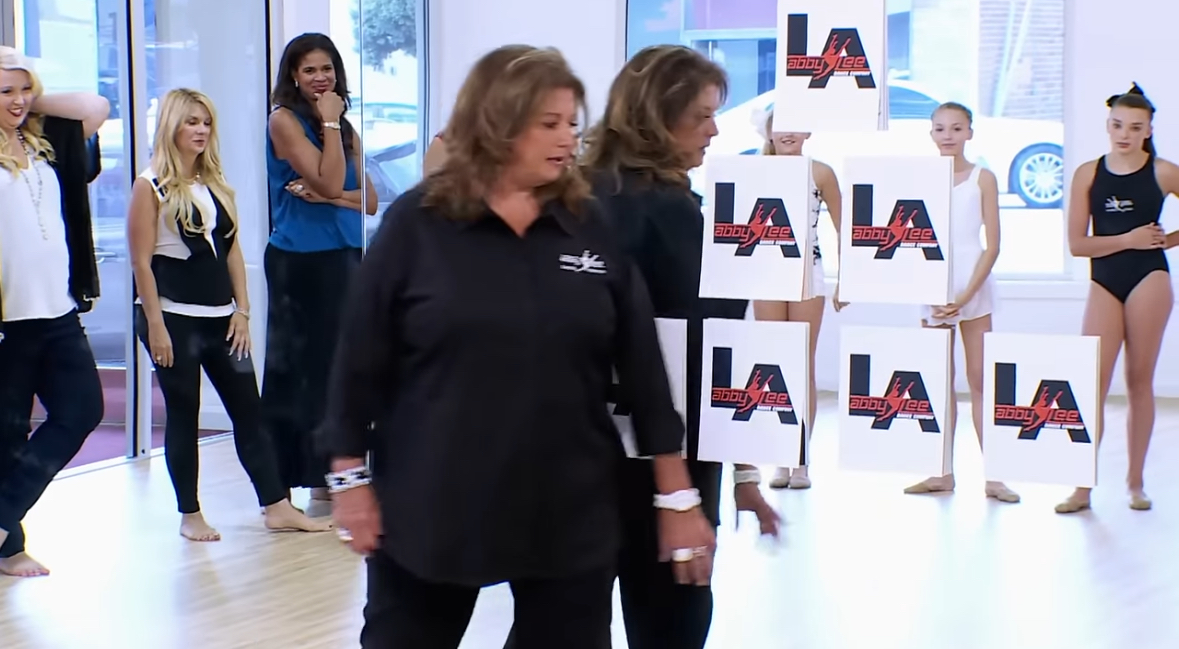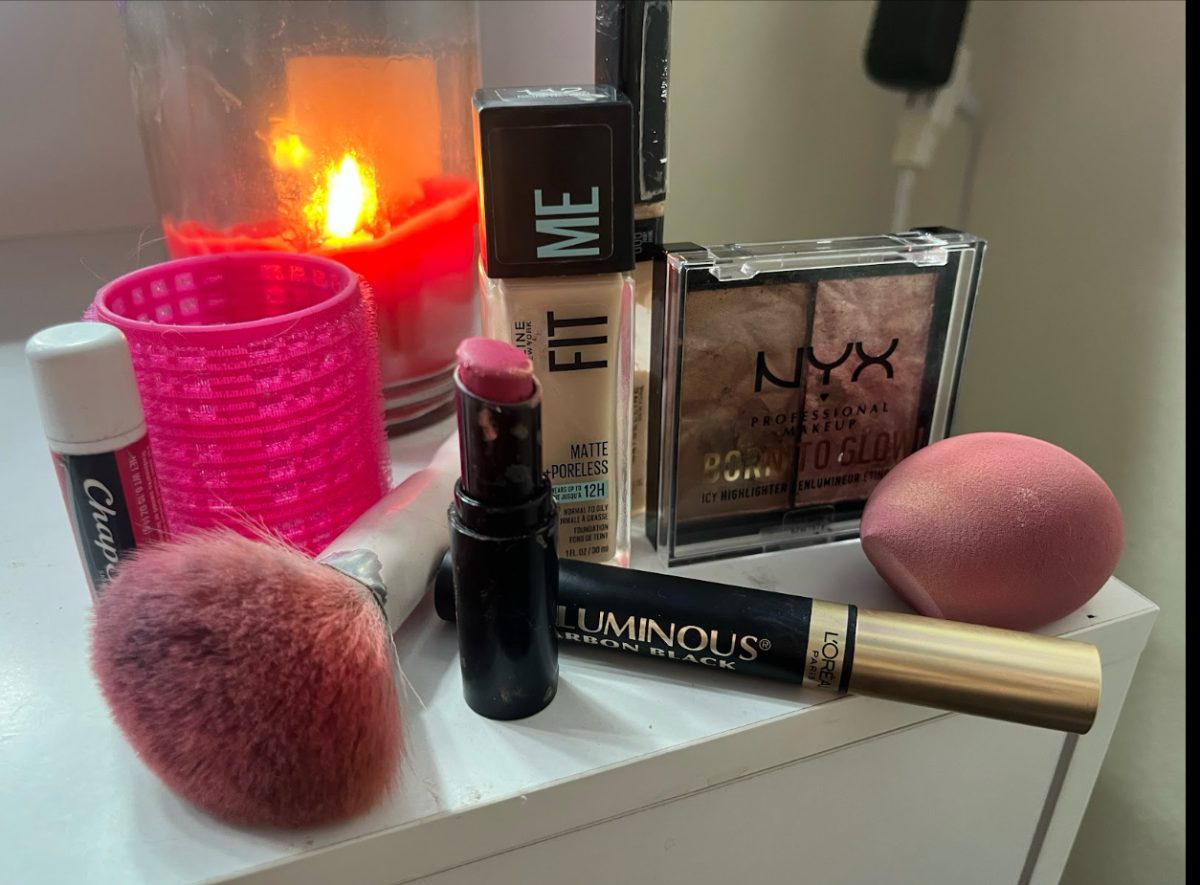All schools must meet numerous standards with federal standards overriding all others. Mead High is required to comply with the provisions of district policy (JIH, JIH-R, JIHB). According to these policies, searches must be conducted by a “Principal or designee who has reasonable grounds that the search will turn up evidence that the student has violated or is violating laws or school rules or Board policy…[admin] may search a student and/or his or her personal property while on school premises…[admin] may seize any illegal, unauthorized, and contraband materials.”
Reasonable grounds in practice means to conduct a search, either one, the school administration must have observed something which, in their experience, indicates a violation of the rules or law, or have been provided information, through Safe2Tell or other means. There are certain protections, such as maintaining the privacy of students who may be more sensitive to the search due to their age or gender.
In addition to this, there are certain caveats established in the Supreme Court case New Jersey v. T.L.O. (469 U.S.(1985), p. 325), in which the Court ruled that students have “legitimate expectations of privacy;” however, it also stated that the school’s equally legitimate need to maintain an environment in which learning can take place requires some easing of the restrictions, which is why the probable cause standards which apply to police officers and other law enforcement is not required for school officials. For example, while the principal may only need to get information from one person to search for someone, a cop would need a warrant.
Law enforcement is prohibited from searching or seizing something without a warrant supported by probable cause unless there are compelling reasons for doing otherwise. However, law enforcement working in conjunction with the school can search students based on reasonable suspicion if the school administration requests it, according to the decision State v. Angelia D.B.
Students in the St. Vrain Valley District can appeal the decision though—which establishes how student interviews, interrogations, searches, and arrests will be conducted by the school district. A student may appeal the decision to the area assistant superintendent, and within five days of obtaining their written decision, they can further appeal to the superintendent of the district, who constitutes the final authority on the matter. If a student or parent believes that their constitutionally protected privacy rights have been abridged, appealing to district officials or the courts remains an option.
As students and schools continue to sustain the increased pressure of mass shootings and firearms, increasing rates of mental health problems and suicide, a recent increase in violent crime and the continued effects of addictive substances throughout the population have caused courts, schools, and parents to respond with zero-tolerance policies and less restrictive searches to address those pressures.
While some argue that these policies violate American student’s constitutional right to privacy, for now, the courts seem to largely agree. Schools are increasingly unsafe, and for the time being, these policies seem to not be going away any time soon.
If you live in Colorado, most districts will have publicly available policies. You can find more information on them by clicking that link.


